Ninth annual I am London campaign
In commemoration of the first anniversary of the tragic attack against Our London Family, the Afzaal's, I Am London 2022 will join in local efforts to combat Islamophobia by celebrating Muslim members of our community. We hope to amplify the stories of Muslim immigrants to showcase the diversity of our Muslim community and the important role so many individuals play in our community.
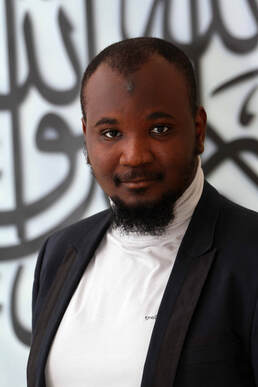
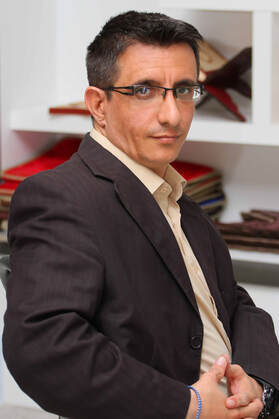
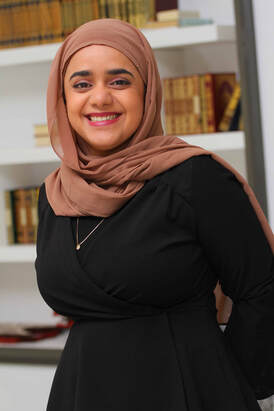
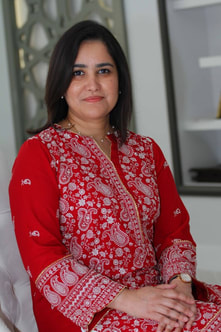
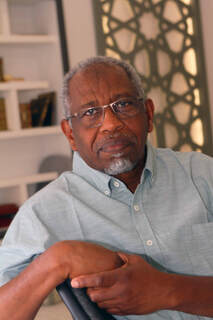
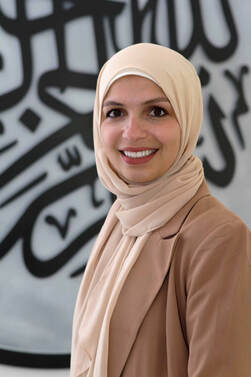
 RSS Feed
RSS Feed